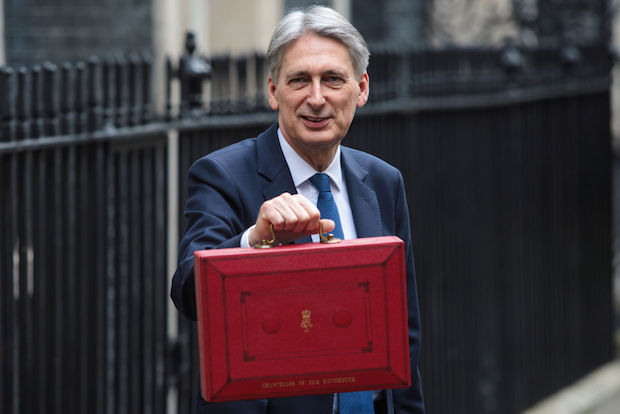Philip Hammond and this government seem to have something against the UK’s 4.85 million self-employed people. Over the last year they have introduced a whole raft of measures to squeeze the self-employed sector, from damaging reforms to dividends taxes to the disastrous changes to IR35 tax laws in the public sector.
Even as the UK prepares to cut itself loose and sail into uncharted waters outside the EU, instead of supporting one of our most productive sectors, the Chancellor seems determined to suffocate it. Most recently, in the run-up to the Autumn Budget, he announced that the scrapping of Class 2 National Insurance Contributions would be delayed – a move that will cost every self-employed person £150.
Now there are reports he plans to use the Budget to drop an even more devastating bombshell on the self-employed: extending the disastrous changes to IR35 from the public sector to the private sector.
From April this year, public sector bodies like government departments and the NHS were forced to assess whether the freelancers they engaged were indeed genuine freelancers or should be ‘inside IR35’ and paying tax like employees. The problem is that because IR35 laws are extremely complex, most public sector bodies struggled to understand them and assess each self-employed engagement on its own merits. So instead many simply declared all freelancers inside IR35, which meant that thousands of genuine freelancers had to pay tax like employees – but without any employment benefits.
The move has driven thousands of freelancers out of the public sector, having a disastrous impact on public services and projects. We have seen widely publicised staff shortages in the NHS, delays to repairs on London Underground trains and a mass walk-out at the UK Hydrographics Office. We also know of many more anecdotal examples of major disruption.
To even contemplate extending this calamitous change to the private sector – especially before any proper assessment of its impact on the public sector – is extremely ill-judged. Many UK businesses rely on the unique flexible expertise that freelancers provide, and this measure would compel them to conduct almost impossibly complex and contentious tests on these freelancers or simply face losing them altogether.
The UK’s flexible labour market is not only hugely productive, contributing over £255bn to the economy every year; it is also one of our greatest competitive advantages. And now, as Brexit looms, it is more important than ever that the government supports and promotes it. So it is beyond bizarre that the Chancellor should now risk suffocating the self-employed sector for an ill-considered tax-grab.
Of course, it is important to tackle the problem of tax evasion and false self-employment, but extending the changes to IR35 is most certainly not the way to do it. Least of all now, when the self-employed already feel under attack after a whole raft of measures that seem custom-made to stifle the flexible labour market: not just the IR35 debacle, but also the shambles of the Class 2 NI abolition delay. And let’s not forget the Chancellor’s embarrassing U-turn on raising Class 4 NI contributions after the Spring Budget and the tightening of dividends taxes to squeeze the self-employed.
Instead of seeking ways to punish the self-employed, the government should be supporting and celebrating them. It should be going out of its way to ensure the self-employed feel valued. Without them, the Government’s unemployed figures would look a lot worse, and the UK’s future outside the EU a lot more uncertain.
Andrew Chamberlain is Deputy Director of Policy at IPSE – the association of independent professionals and the self-employed.






Comments